
Artwork by Kathleen Sluka
For most people, pain goes away when an injury heals. But for some people, pain after surgery can linger, and can last for years or even a lifetime. The Acute to Chronic Pain Signatures (A2CPS) project is a bold research initiative - the largest and most comprehensive of its kind - being carried out by a nation-wide consortium of researchers. The findings will help researchers to develop better, more individualized treatments for patients and to better understand the complex biological processes underlying chronic pain.
About A2CPS
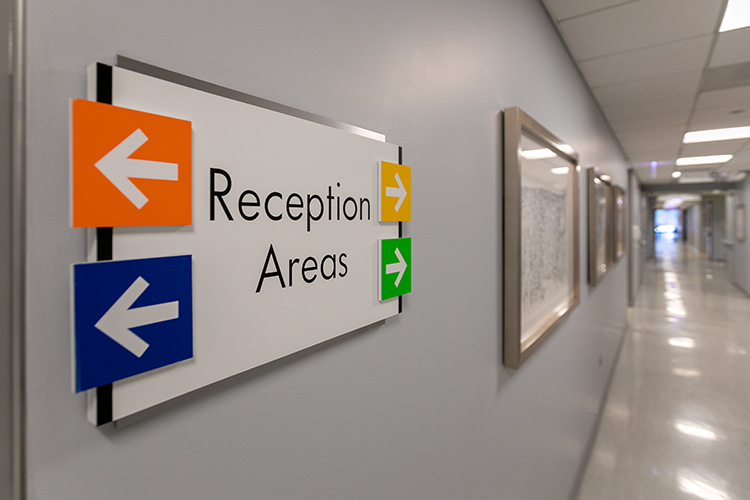
A2CPS will collect questionnaires, blood samples and brain imaging from 2,800 participants before and for up to 12 months after having total knee replacement or thoracic surgery.
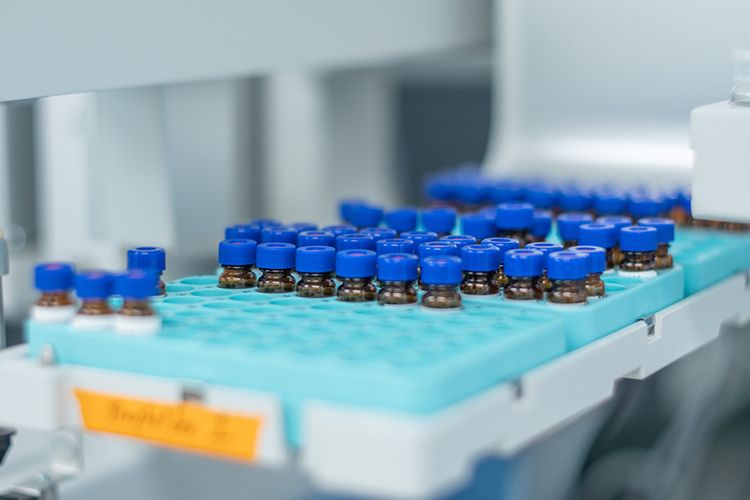
Many diseases can be diagnosed, tracked and predicted with biological markers, or biomarkers, but none are yet known for chronic pain. The major aim of A2CPS is to find biomarkers or bio-signatures of the transition to chronic pain.
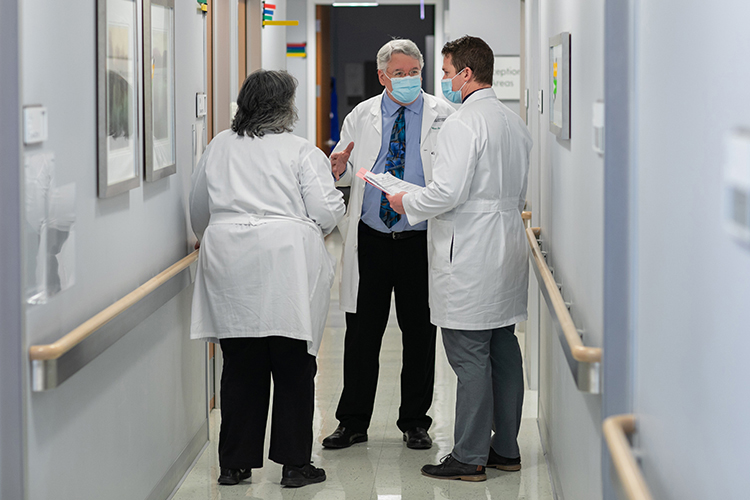
The A2CPS consortium is organized into four main hubs, with over 100 investigators and staff around the country. Our researchers span a wide range of expertise, from basic scientists to clinicians to data management experts.

In addition to biological specimens, A2CPS also collects different types of data from our participants, including patient-reported outcomes (PROs) and quantitative sensory testing (QST), among others.
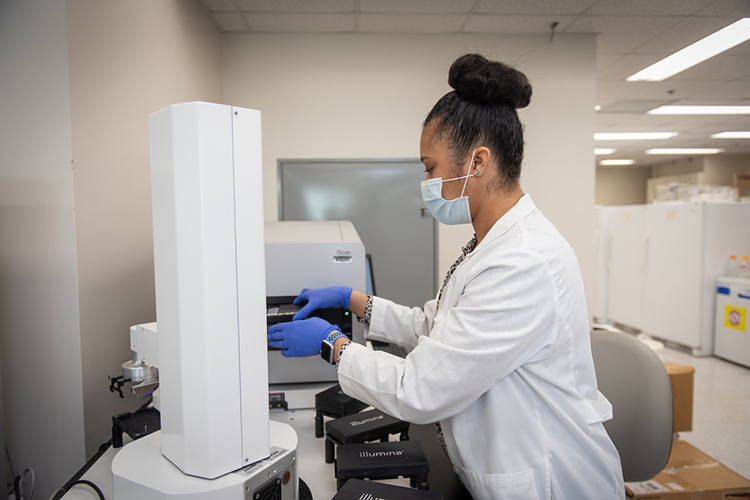
The term “omics” refers to the collection of information about the molecules found in our blood, which can tell us about the activity of genes, proteins, lipids and metabolites in our cells and tissues.
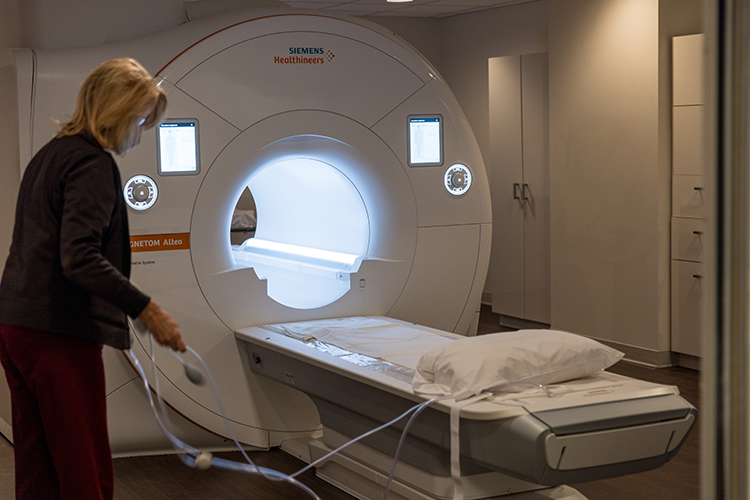
Previous studies have identified “signatures” of brain activity that reflect a painful experience, and others that predicted who was more likely to develop chronic pain. A2CPS will include brain-imaging data in our search for biosignatures of chronic pain.
NIH HEAL: Request for Information
Published July 2024
A Request for Information (RFI) from NIH HEAL seeks input from a wide range of perspectives and interest groups regarding research aimed at addressing unmet needs for pain management and cross-cutting research at the intersection of opioid use disorder/overdose and pain management. Please provide input by July 31, 2024, via email to HEALquestion@od.nih.gov with “HEAL RFI” in the subject line.
Published June 2024
NINDS program staff will provide an overview of programs and funding opportunities supporting basic, translational, and clinical pain research & management through the NIH Helping to End Addiction Long-term (HEAL) Initiative. Tuesday, June 25 at 1 pm ET - Zoom registration is required.